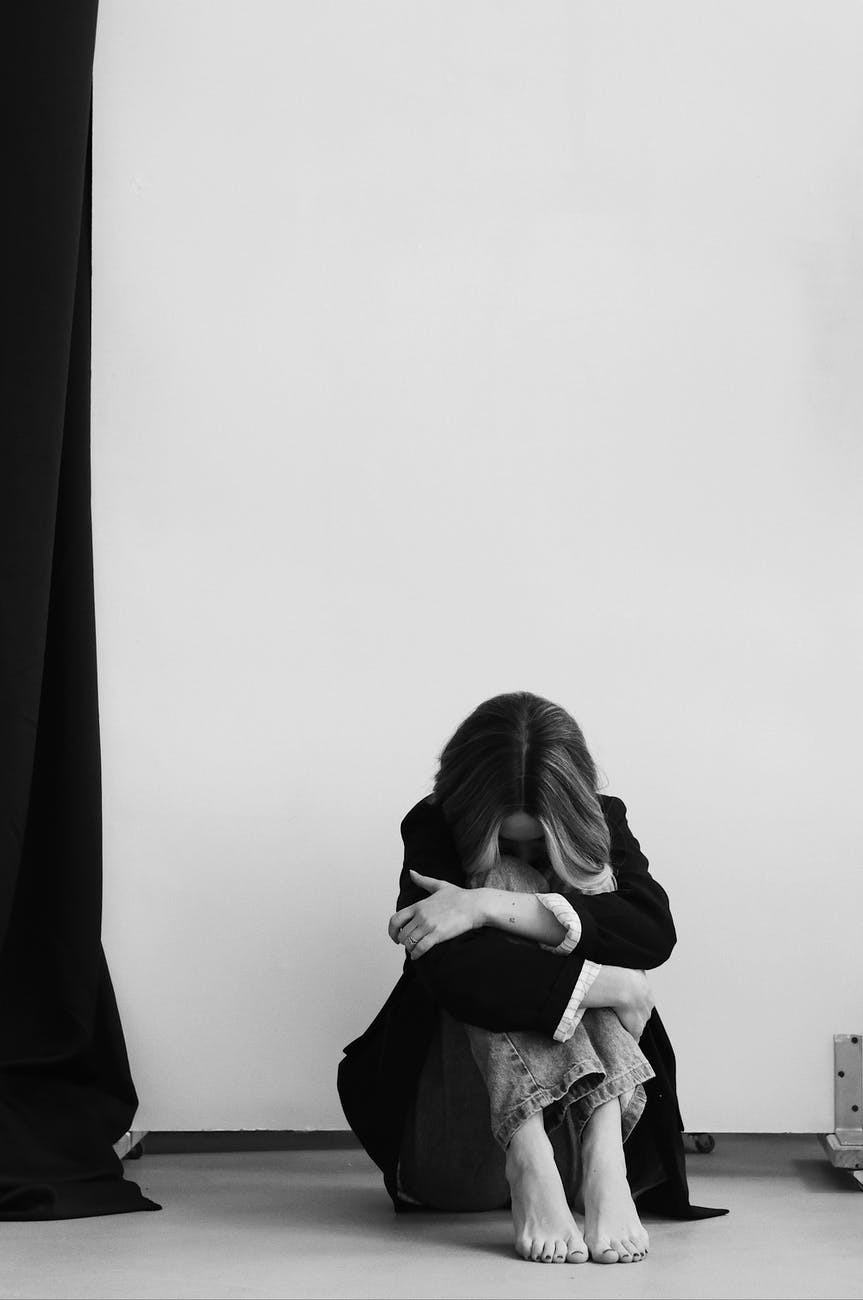For some years now, addiction has been regarded by the medical establishment as an illness rather than a matter of personal choice and discipline. And the legal sphere has come down on this side of the debate, too, ensuring that individuals are protected and provided with help and care if they are suffering from an addiction of any kind. In this article, then, we’ll outline how you can deal with addiction, with the help of the best center for Drug and Alcohol Rehab in Birmingham – setting you on the road to a better, healthier lifestyle free from addiction.
Sharing and Communicating
When you have an addiction, it’s commonplace to do all you can to hide it from those closest to you. Even if you’re relatively open about your habits and lifestyle choices, you may hide the fact that you’re suffering the effects of addiction, instead passing off your drug or alcohol abuse as a case of living fast and having fun. But if you’re serious about addressing addiction problems that are starting to have a detrimental impact on your life, sharing your worries with close friends and family is a brilliant and brave first step to take.
Interventions
Whatever your addiction, it’s often down to you to find an intervention that you feel will bring you away from your harmful behavior. But you won’t be alone: often, your friends and family will be incredibly supportive, creating a cohesive effort to get you into a rehabilitation clinic or to help you seek other treatments for your addiction. As medical practitioners always say, the first step towards recovery is always admitting that you have a problem – at that point, you’re able to browse a suite of solutions that will suit your personal need and requirements.
Workplace
Many individuals who suffer from addiction problems are still able to function in their jobs. They turn up for work regularly on time and perform well in their positions. But the truth is that if you have an addiction, it will inevitably impact your career. Can you be fired for being an alcoholic? The answer is written in the law in several states: because addiction is an illness, you’re able to receive reasonable accommodations, in terms of sick leave, to help you recover. That’s because states appreciate that taking away an individual’s job is not helpful as they’re battling an addiction, and it’s far more practical to help them recover before returning them to their previous workplace.
Long-Term Recovery
Many of those who have suffered from addiction in the past refer to themselves as “in recovery”. That means that they acknowledge that they may not be entirely “cured” of the addiction that once afflicted them, but they’re continuing on the right track, avoiding the triggers and moments during which they are most vulnerable to their addiction. And so it will be for you: long-term recovery is all about setting solid boundaries, letting those around you know where they are, and making a string of positive choices that help you build a new life free of addiction.
Addiction is a complex illness, but one that you can recover from, given the right treatment and attention. This article shares four steps that’ll help you get there.

